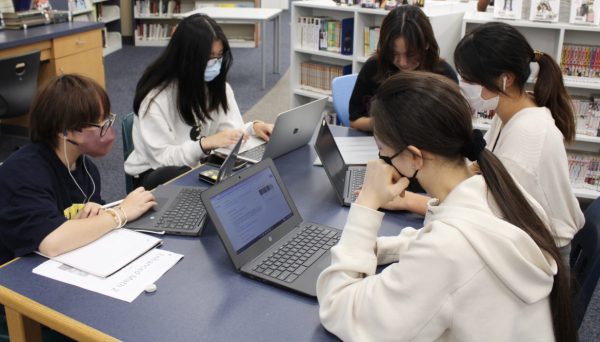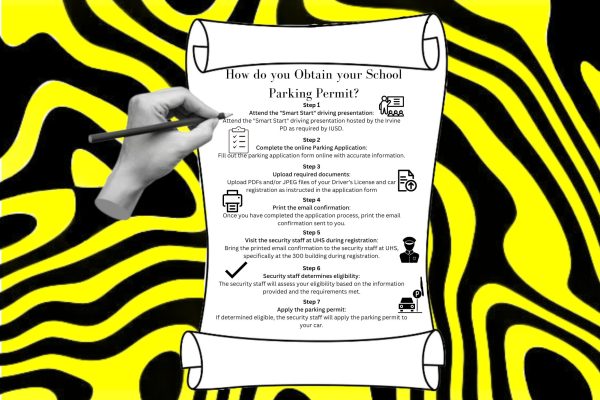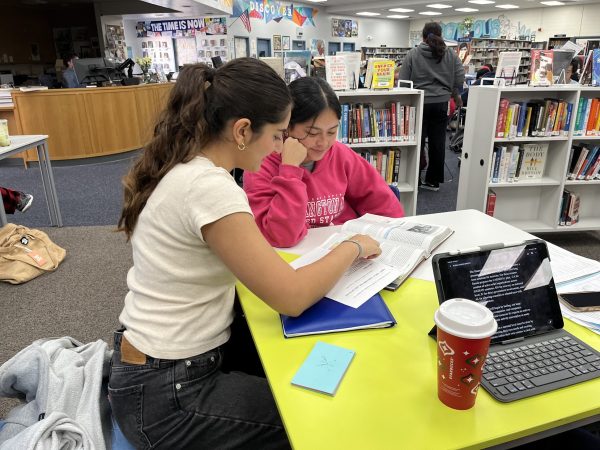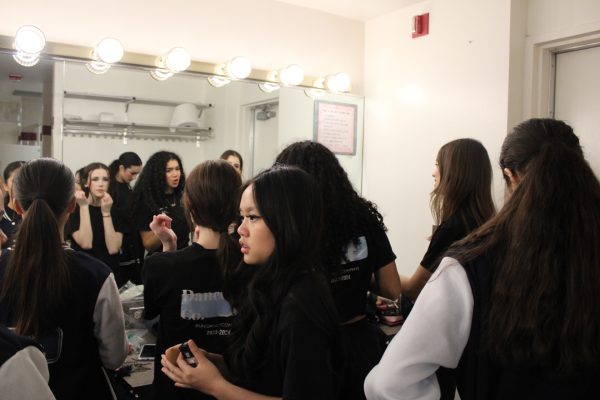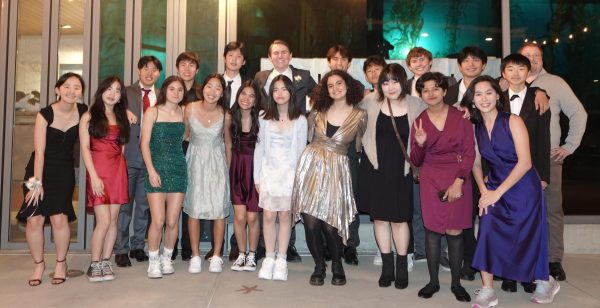Places To Go, People To See, and Personalities To Change
October 4, 2019
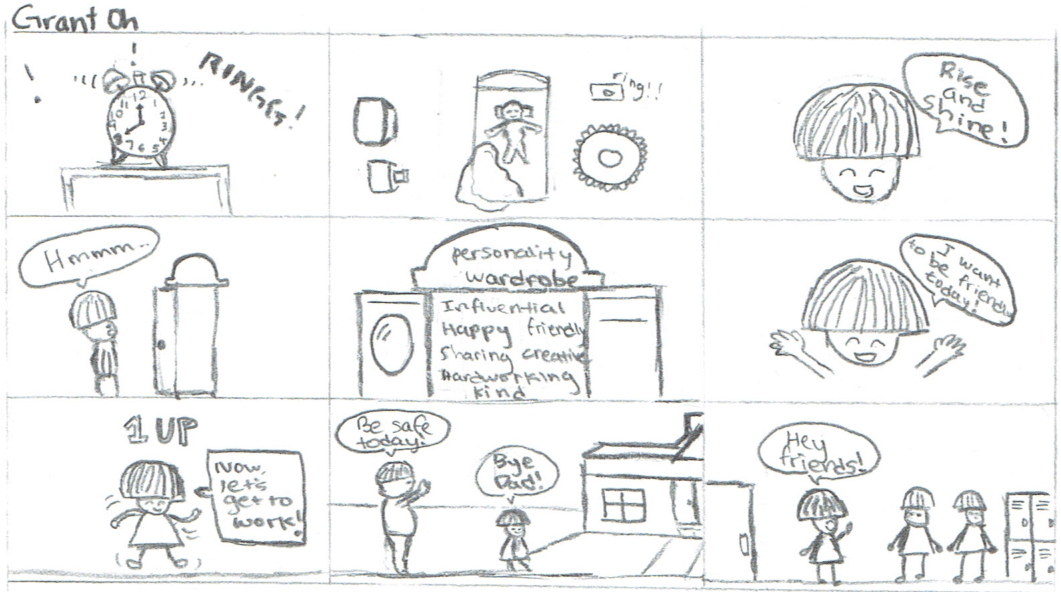
For many students, the qualifications of a good day are dependent on class clowns, shenanigans, or gossip to keep themselves entertained. People act differently in different situations, whether public or private, or with friends or family. The quirky, embarrassing side of a student that comes out when he or she is badgering a sibling at home might not be the same side of a student in a school setting. A person’s demeanor changes with the environment, as each situation requires a person to adapt to a different lifestyle to behave in.
So, what is the criteria that has to be met for a person to change their personality?
First off: family versus friends – who do students confide in more?
A home setting is typically where a student is most comfortable. There is a degree of predictability and security in a familiar place such as home. A person’s family is a constant impact in a person’s entire life, which does carry weight in trust.
“With my family members, I’m more open about my ideas and my feelings because I trust them the most,” junior Natalia Tobon said. “They’re always going to support me and I value that.”
But for some, friends are the so-called “safe-place” where there are welcoming arms and acceptance, something they may not receive at home. A student might have a stronger bond with his or her peers, who can relate to the experiences and struggles that a student might be going through – after all, they spend at least seven hours a day together.
“With my family members, there is a certain level to which I filter my behavior,” senior Lauren Lee said. “With my friends, I can tell them anything and everything going on in my life, but once I’m home, it becomes more of me acting a certain way.”
Now, there is another factor to consider: public versus private.
Despite the word “public” being associated with words like “open,” “popular,” or “prominent,” a person can feel like he or she is confined to certain standards, which would otherwise involve risking judgement from other people.
“I’m definitely more crazy at home than at school or any other place because I’m not being judged by random people,” freshman Elise Feuerborn said.
Along with the fear of judgement, a person might feel a moral obligation to act differently in public, out of respect for the people around him or her.
“In a public area, it depends [on] who I’m with,” sophomore Jean Meyer said. “But I try to be more quiet and respectful of people and not disruptive.”
Specifically, there are two main public areas that most students spend time at. Of course, there is the obvious: school. It is the core portion of time that friends are able to hang out with each other.
“In a school setting, [I] usually just mess around with my friends and joke around with them,” junior Dani Zand said.
Students also have to keep in mind that school is a learning environment, but that also should not block people from having fun with their friends.
“Around my friends in a school setting, I try to be positive and friendly, while still being a bit calm and professional,” Meyer said.
The second common area is social events. Social events straddle the line between private and public standing. All-out parties, which are more public than a get-together, present unfamiliar faces that pop up randomly.
“If I’m at a party, I’m the type of person to stay with people that I’m acquainted with, but I’ll often start up conversations with other guests as well,” Tobon said. “It’s common courtesy to be polite and respectful.”
On the other hand, an intimate get-together with only close friends and family leans more toward a more private environment. With such intimacy, uncomfortability does not become an issue because one is surrounded by familiar people that offer a sense of belonging.
“[At] parties, we get completely crazy,” Zand said.
Even more so private: friends and family at the dinner table at home. When the divide between a school setting and home setting disappears, or rather when friends and family meet, a student’s behavior becomes a combination of polar demeanors. The level of ease with which family and friends interact with each other is based on compatibility. How well do friends and family get along?
“One of my friends came over to study over the weekend, and my parents ended up inviting her to a trip to Mexico over the summer because they liked how she made an effort to speak to them in Spanish,” Tobon said.
If family and friends are comfortable with each other, a balance of reservation and light-heartedness emerges.
“My friends are very close to my parents so it is nice to see my friends having conversations with my parents at the dinner table,” Zand said. “Sometimes [my parents] even joke around with them as well.”
Others are not bothered by the physical place as long as they have their metaphorical “safe-place.” It won’t matter if a million people criticize the way they act because there is at least one person that is rooting for them. They are so focused on who they are with that surroundings blur.
“When I’m with my friends at school, I’m comfortable showing them every emotion, whether that be crazy me or angry me,” Lee said. “It’s easiest to just be who I am around my close friends, and it doesn’t really matter what situation we’re in.”
So, there is no set criteria that defines every student’s personality change because “to each their own” – every person contemplates each scenario differently, and each person chooses their primary confidant differently. But it does come down to how comfortable that person is in each situation.




